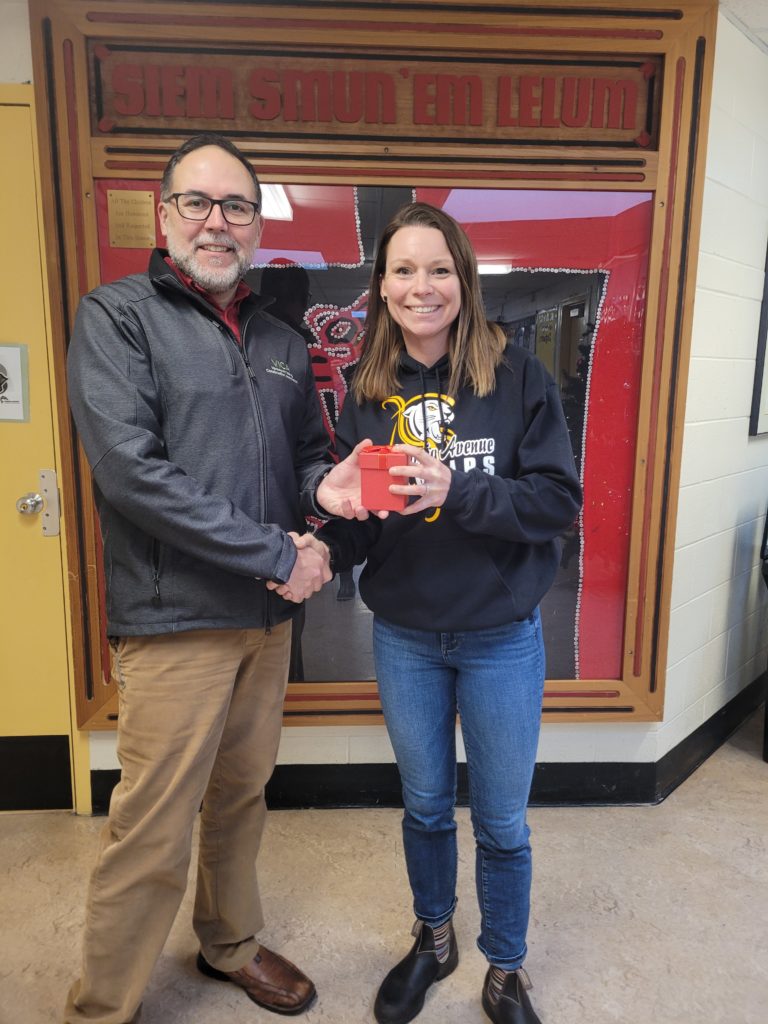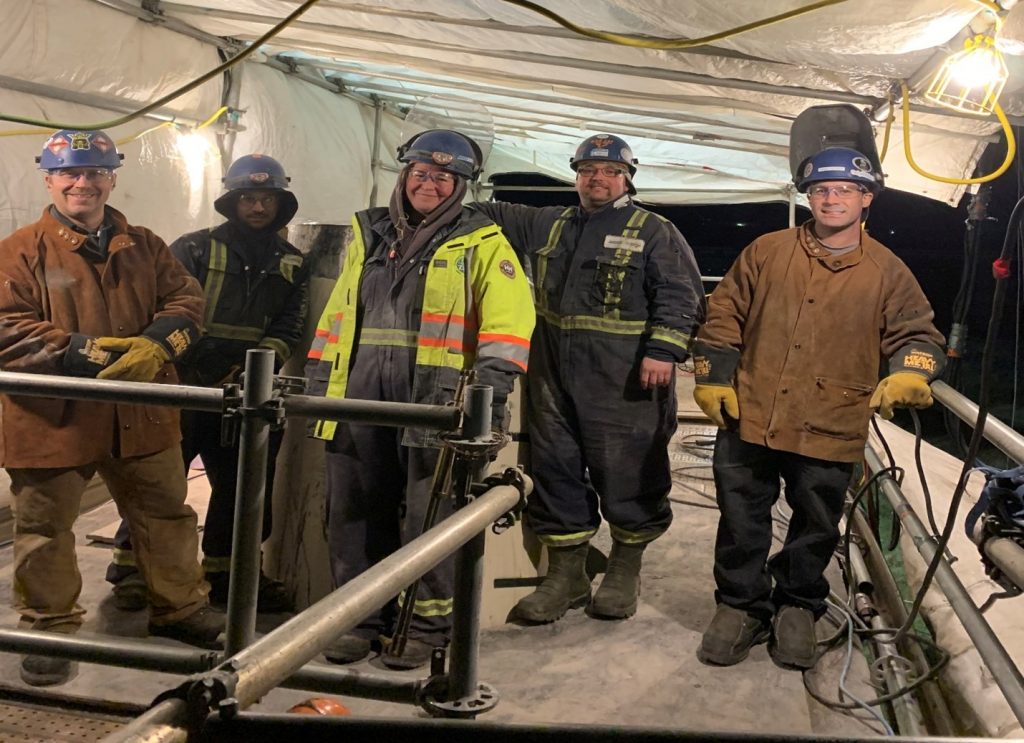Tony Healy: Leveraging systems thinking to improve your business.
The following is an article from VICA Instructor Tony Healy.
“Experience is the knowledge you gain just after you needed it.” Anonymous
As the saying goes, “the only constant in life is change.” It doesn’t take much to notice that, these days, change is ever accelerating. Technology, demographic shifts, and evolving economic conditions are transforming our world in ways that we have yet to truly appreciate. Some changes are wonderful while some destroy our environment, undermine the human spirit and threaten our very survival. All are a challenge to our traditional institutions, practices, and beliefs, and your organization or company is no different.
Often, we look at these challenges and look to prescribe traditional management practices of pushing harder or longer or looking for new people to replace the “ineffective”. Many times, however, the effort to solve pressing problems is met with policy resistance, where our policies are delayed, diluted, or defeated by unseen forces. Frequently, our best efforts to solve a problem actually makes things worse. Moreover, the pace of change means that we sometimes feel that we are constantly reacting, scrambling and chasing.
What if there was a new way to do things? What if I told you that there was a new (existing) way of leading that could move with the times, anticipate change, stay more than one step ahead of your competition and create the kind of environment where emergent systematic success is possible? I would certainly hope to get your attention. Well, thinking about your organization as a dynamic system is where we begin and turning you into a systems thinker is where we’d like to take you.
Let’s start with recognizing that we are all part of a complex social system comprised of systems built upon systems embedded in still more systems in exactly the same way that you as a human being are governed by the multiple systems keeping you alive. A system is defined as a group of interdependent entities working together as parts of a mechanism or an interconnecting network in pursuit of a common goal. Systems must consist of three kinds of things: elements, interconnections, and a function or purpose[1] – think nervous system, cardiovascular system, ecosystem etc.
A system is more than the some of its parts and there are some fundamental things to understand about their dynamics. First, the structure of the system generates its behaviour. Dynamics emerge from the interaction of each element in their physical space especially regarding information availability and decision rules. Secondly, your mental models matter a lot. It is not enough to just change the physical structure of your system or alter information flows to change its behavior. Thirdly avoid the fundamental attribution error. The first instinct is to blame the person in the system. This is almost always a low leverage reaction. Lastly, there are system structures that produce such common patterns of problematic behavior that we consider them archetypes. Being able to identify them and their impacts enables a leader to recognize where to make high-leverage change in structure, behavior and impact outcomes.
Your company is a system with elements such as workers, forepersons, superintendents, project managers, business developers, office staff and so on. The interconnections are the rules of the game, the company strategy, the communications, and the business rules and laws that govern the activities of the marketplace. The purpose of any company is to be productive, or create high quality, or deliver innovation, or make millions of dollars, or all of the above. What’s yours? Have you considered the structure of your system? Do you know where to look for limits and constraints or the root causes of unwanted outcomes? Do you think systematically?

Systems thinking is a way of understanding and analyzing the relationships and interactions between the parts of a system. It is a holistic approach that recognizes that the parts of a system are interconnected and that the behavior of one part can have an impact on the behavior of other parts.
In systems thinking, the focus is on understanding the dynamics of the system as a whole rather than just the individual parts. We understand that “you can’t just do one thing” and that “everything is connected to everything else.” More and more this approach is being used in fields such as engineering, management, and biology to analyze and improve complex systems.
There are several key concepts in systems thinking, including feedback loops, stocks and flows, and emergent behavior. Feedback loops are pathways in a system through which information or energy can flow, and they can be positive (amplifying) or negative (stabilizing). Stocks and flows refer to the accumulation and depletion of resources within a system, and emergent behavior refers to the unexpected and often complex patterns that can emerge within a system as a result of the interactions between its parts.
Systems thinking can be applied to a wide range of problems and situations, including organizational and business problems, environmental and ecological issues, and social and political challenges. By understanding the dynamics of a system, it is possible to identify leverage points where small changes can have a big impact, and to design interventions that can improve the performance of the system as a whole in the pursuit of its goals – your goals.
Those leaders who develop a systems-thinking mindset and see that the world is a complex system with non-linear feedback loops and emergent behaviours learn to know where to make changes and where not. They know who to empower and who to support. They learn how to listen to the system and apply leverage at the right spots. They also learn how to systematize their success. What kind of a system are you building?
[1] Meadows, Donella H.. Thinking in Systems (p. 11). Chelsea Green Publishing. Kindle Edition.







